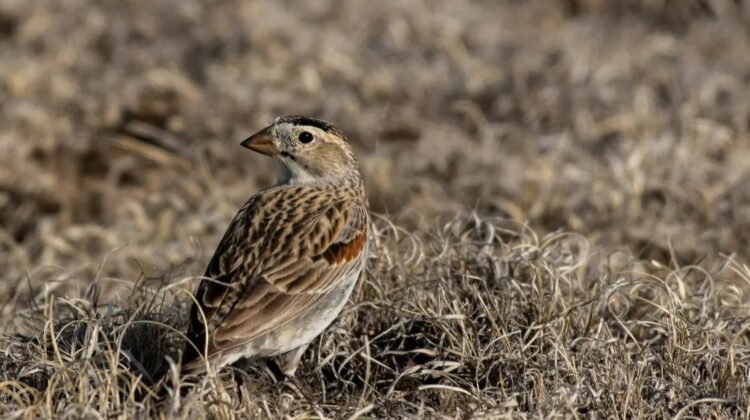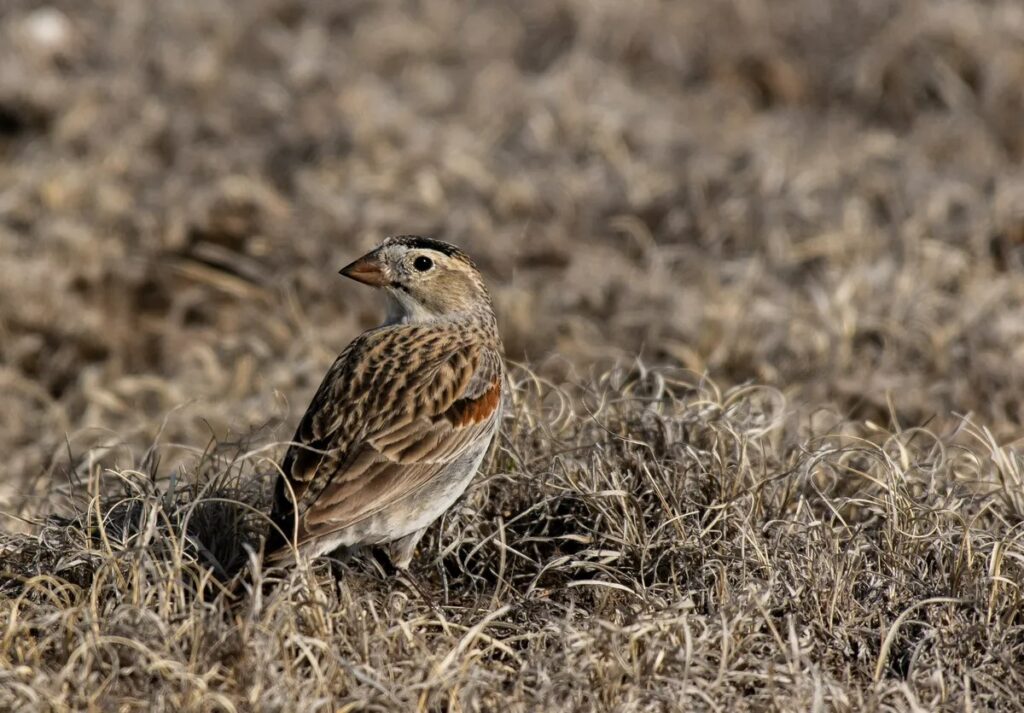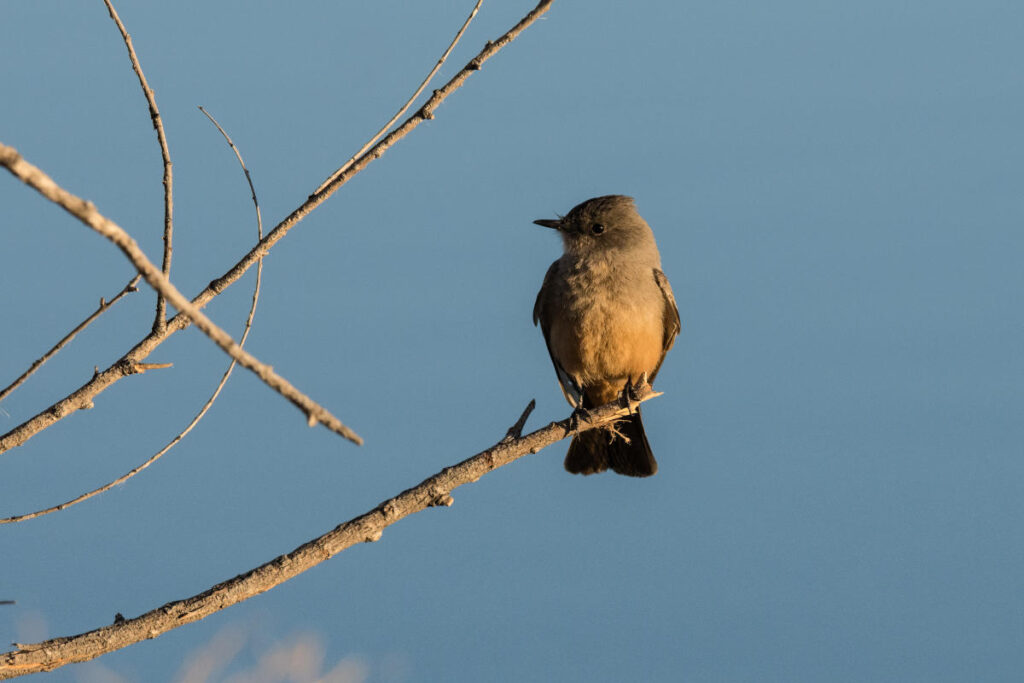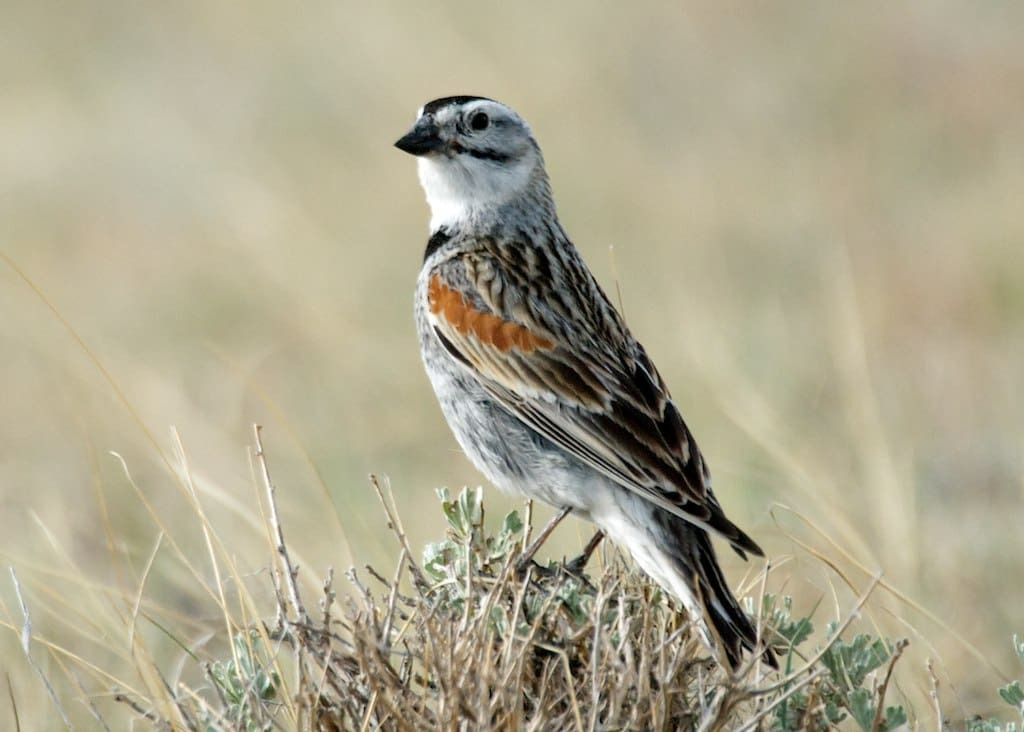
In a bold move aimed at rectifying historical biases in the world of ornithology, the American Ornithological Society (AOS) has embarked on a groundbreaking initiative to rename dozens of bird species across the United States. This endeavor is rooted in a commitment to fostering inclusivity and fairness in the naming of birds, a cause championed by AOS Executive Director and CEO Dr. Judith Scarl.
Dr. Scarl emphasized the need for a transformative shift in this process, one that redirects the spotlight onto the birds themselves. She stated, “As scientists, we work to eliminate bias in science. But there has been historic bias in how birds are named, and who might have a bird named in their honor.”
Historically, the naming of birds has been clouded by exclusionary conventions that emerged in the 1800s, tainted by racism and misogyny. This legacy of inequity no longer aligns with modern values, and the time has come for a new approach that focuses on the birds rather than perpetuating divisive associations.

Image Credit: Kerry Hargrove/Shutterstock.com
Dr. Scarl further expressed her enthusiasm for this progressive vision, noting the importance of collaborative efforts involving a diverse array of experts and bird enthusiasts in crafting a more inclusive naming structure.
The AOS clarified that this initiative will not affect the two-part scientific names of birds, which are periodically reviewed and updated in line with the latest scientific research and the naming rules established by the International Commission on Zoological Nomenclature.
The decision to retain the eponymous aspect of bird names stems from practical considerations. A case-by-case approach to renaming was initially considered, but it proved complex and potentially contentious. Such an approach could have led to heated debates over who is “worthy” of having their names preserved, which would not serve the cause of inclusivity.

Moreover, eponymous names are considered “poor descriptors” of birds. Utilizing names that reflect the birds’ characteristics and traits provides a more informative and evocative means of identification.
The AOS’s intent is not to strip away honors arbitrarily but to acknowledge the importance of many individuals who have made significant contributions to ornithology. However, the use of honorifics has deep-seated roots in a history of exclusion within the scientific community.
The committee responsible for this change also pointed out that alternative methods exist to commemorate those who have significantly impacted the field of ornithology, such as citing their influence and contributions in the numerous publications they’ve produced.

In conclusion, the renaming of these bird species is an effort to break free from a historical context that implies ownership and exclusivity, focusing instead on the innate beauty and uniqueness of the birds themselves. AOS President Dr. Colleen Handel reiterated the significance of inclusivity and the need for a more engaging scientific process, one that allows everyone to enjoy and study birds freely. Birds, now more than ever, require the collective efforts of enthusiasts and scientists to ensure their conservation and protection.

Leave a Reply